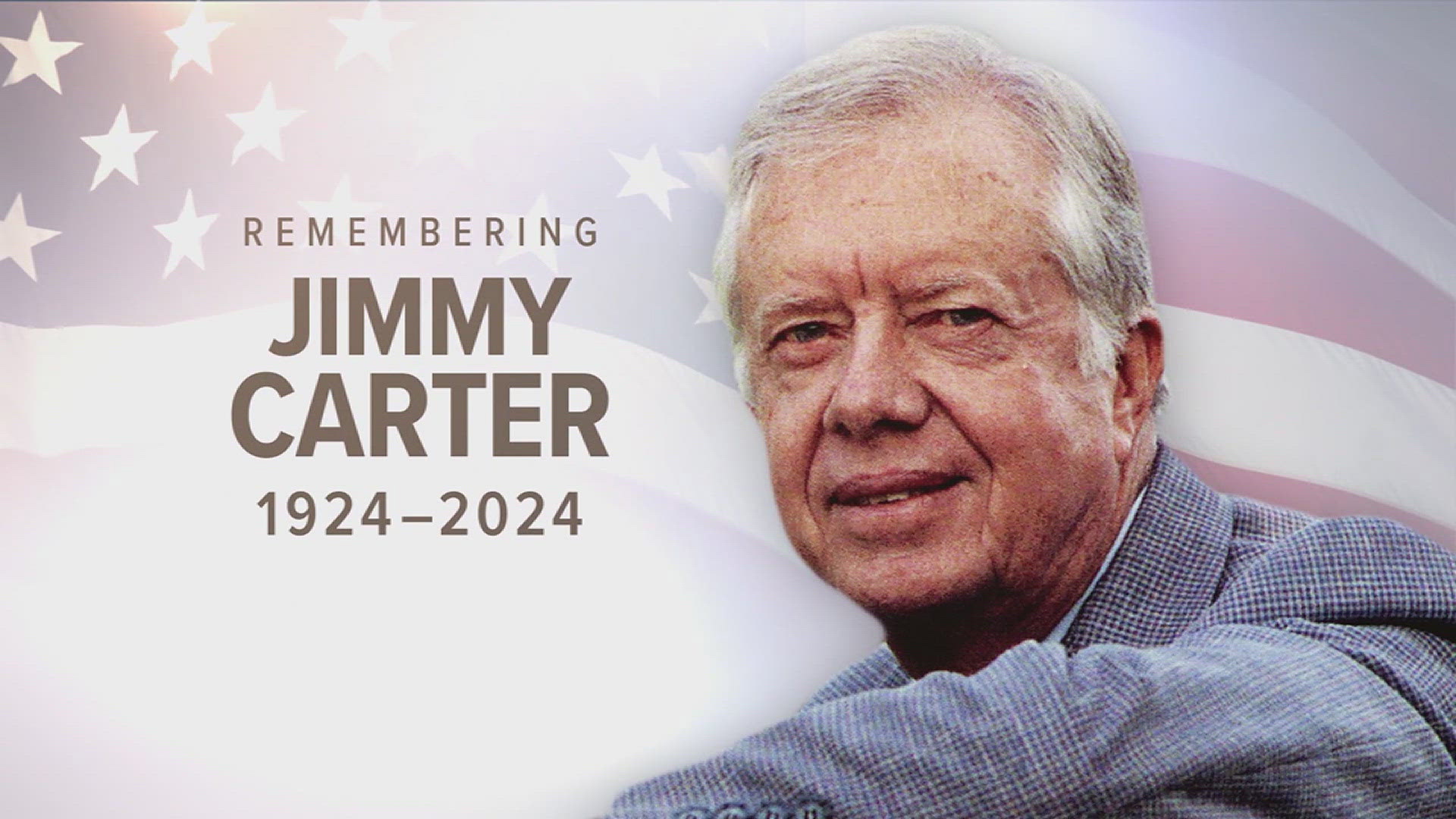(Akiit.com) “Politicians are like diapers. They both need changing regularly and for the same reason.” – Unknown
The above quote is a favorite that has infiltrated Facebook status updates and blogs around the Internet with increasing regularity. It also illustrates why one of the most powerful themes shaping this election year is anti-incumbency. The longer an elected official been in office, the more vulnerable they are becoming to being caught in the undertow of a wave of angry voters.
All the reason why beleaguered Representative Charles Rangel, buffeted by news that a Congressional investigative panel will hold him to account for a wide range of ethics violations, should be increasingly worried about his future. Though the New York Democrat represents overwhelmingly Democratic Harlem, anything is possible in a volatile political environment.
Ever the combative politician, a defiant Rangel insisted on Friday that he “look[s] forward” to a public trial, which will be the first of its kind since James Traficant – a flamboyant Ohio Democrat with a distinctive hairstyle – was dispatched from Congress amid corruptions charges.
Rangel’s case, however, is the latest in a dismaying series of black politicians who have run afoul of legal and ethical rules while in office yet still retain public support. His ethical woes can be reflected through the prism of black voting patterns. Why does it seem that many black voters rally behind corrupt or disgraced political figures – and in many cases still cast votes in their favor?
The powerful Harlem Democrat is well-known for bringing home the bacon for his constituents; yet like many other black elected officials, represents districts that suffer from relentlessly poor economic prospects. Once elected, these professional politicians seem to abandon all sense of judgment as they seek to enrich themselves and expand their influence, all while doing little to improve lives for their voters.
Fealty to troubled black politicians by black voters is an unsettling but unfortunately recurring phenomenon. Ex-Detroit Mayor Kwame Kilpatrick’s public service career proved stubbornly durable, as he remained in office for years as the stench of ethics violations wafted around him. At the height of his troubles, Detroit voters rallied around him. Most recently, a prayer vigil was organized to commemorate his 40th birthday – his first as a convict.
In April, former Newark mayor Sharpe James was released from prison, only to exult amongst throngs of jubilant supporters who awaited him at a halfway house. Louisiana Congressman William J. Jefferson was sentenced to 13 years in prison bribery charges, though not before he overwhelmingly won his Democratic primary (and only narrowly losing his seat to a Republican challenger). And surely the mantle of most egregious Wall of Shame politico belongs to the infamous Marion Barry, Washington, D.C.’s flamboyant former mayor who for years subjected voters to a wellspring of negative headlines stemming from his drug abuse and corrupt behavior. Currently, Barry is a member of the DC Council, but was recently stripped of all committee assignments.
The above cases illustrate a profoundly misguided tendency of African-Americans rallying to the side of an embattled politician because he or she is “one of our own.” Even before President Obama was elected, black voting patterns were near-monolithic -virtually any Democrat could win black votes; and indeed, most have (Alvin Greene, anyone?). Black voters have developed a dismaying habit of remaining fiercely loyal to their public servants. This is built largely on the idea – perpetuated by many Democrats, black and white – that the political system is stacked against black interests.
Politicians such as Charles Rangel came of age during or after the turbulent civil rights era, so many African-American voters view them are powerful exemplars of black political progress. At the start during their careers, these elected officials were young, fresh and inspiring. That time, however, has long since passed. So long as entrenched black politicians continue to cultivate myths of victimhood within their electorates, corrupt politicians will forever win elections whether they deserve to or not. Many of these public servants exist in cosseted worlds where the needs of their voters don’t affect them, and they stopped attending those concerns long ago.
A weak economy, scarce jobs, Obama’s declining popularity and voter resentment are clearly at the forefront of the 2010 mid-term elections. And with multiple challengers lining up, some long-in-the-tooth politicians may be in for a well-deserved course correction. Congressman Rangel, please take note.
Written By Javier E. David









Leave a Reply